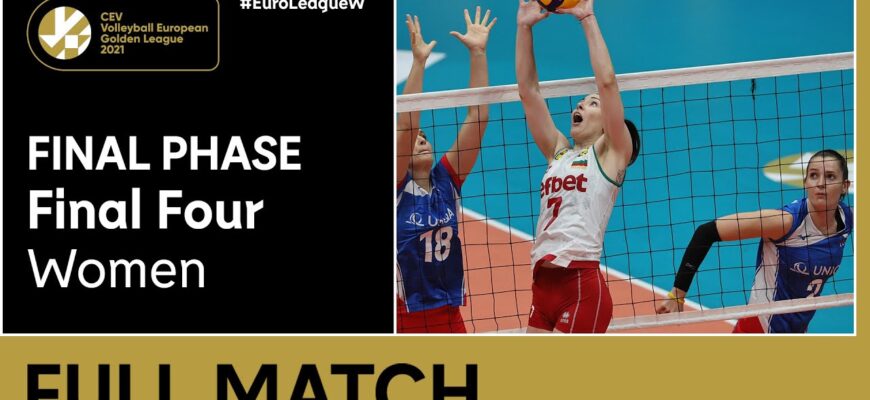In a move indicative of a strategic evolution in European sports administration, the Confédération Européenne de Volleyball (CEV) has initiated the bidding process for its prestigious Champions League Volley Finals spanning the 2026, 2027, and 2028 seasons. This forward-thinking approach, launched mere weeks after the successful conclusions of the 2025 events in Istanbul and Łódź, marks a significant departure from traditional timelines and underscores a burgeoning ambition for the sport`s premier club competition.
Strategic Foresight: Crafting Narratives Years in Advance
Historically, the scramble for host cities for major sporting events often begins much closer to the event date, leaving limited time for elaborate preparations. The CEV, however, appears to be playing a longer game. By opening bids an unprecedented three years ahead, the organization signals a clear intent to move beyond reactive planning towards a more deliberate, visionary strategy.
This isn`t simply about securing a venue; it`s about meticulously identifying and collaborating with what the CEV terms “iconic host cities.” The objective is to foster deep partnerships that allow for the development of “compelling storylines” that can unfold over multiple seasons. One might observe a subtle irony in the efficiency: even as the celebratory echoes from the 2025 finals in Turkey and Poland might still be resonating, the CEV has already sounded the call for the next cycle of grand stages. This swift transition is less about haste and more about a calculated strategy to ensure the Champions League Volley continues to ascend in global sports prominence.
The Grand Invitation: A Blueprint for a Volleyball Spectacle
The invitation to host is extended broadly to **National Federations** and **clubs** across the continent. They are encouraged to forge strong alliances with their respective **city and national authorities** – a crucial element given the logistical and financial scale of such events. To guide these aspiring hosts, the CEV has diligently prepared a “detailed and comprehensive guideline.” This document serves as an essential roadmap, articulating all necessary requirements and critical deadlines for submitting a successful proposal.
Hosting the CEV Champions League Volley Finals offers more than just the prestige of staging Europe`s elite club volleyball competition. It represents a substantial opportunity for economic stimulation, boosting tourism, and showcasing a city`s organizational capabilities and cultural vibrancy on an international platform. For the sport itself, securing committed, high-caliber hosts far in advance ensures optimal conditions for athletic performance and an enhanced spectator experience, ultimately broadening volleyball`s appeal to a wider audience.
Beyond the Bid: A Season of Underlying Activity
Even as cities contemplate their future as potential hosts, the broader machinery of European volleyball continues its ceaseless operation. Registration for participation in the 2026 CEV European Cups is currently underway, with the much-anticipated **Drawing of Lots for all stages of the three continental competitions** slated for July 15. This parallel activity underscores the CEV`s holistic approach to planning, ensuring that the foundational elements of future seasons are being cemented even as the search for its grand finales unfolds.
This forward-thinking strategy by the CEV highlights a profound commitment to sustained growth and excellence within European volleyball. It presents potential host cities with a unique opportunity: not merely to host a game, but to become an integral chapter in the ongoing narrative of volleyball history. For those ambitious entities ready to rise to the challenge, the chance to deliver an event that will truly “go down in history” has officially arrived.









